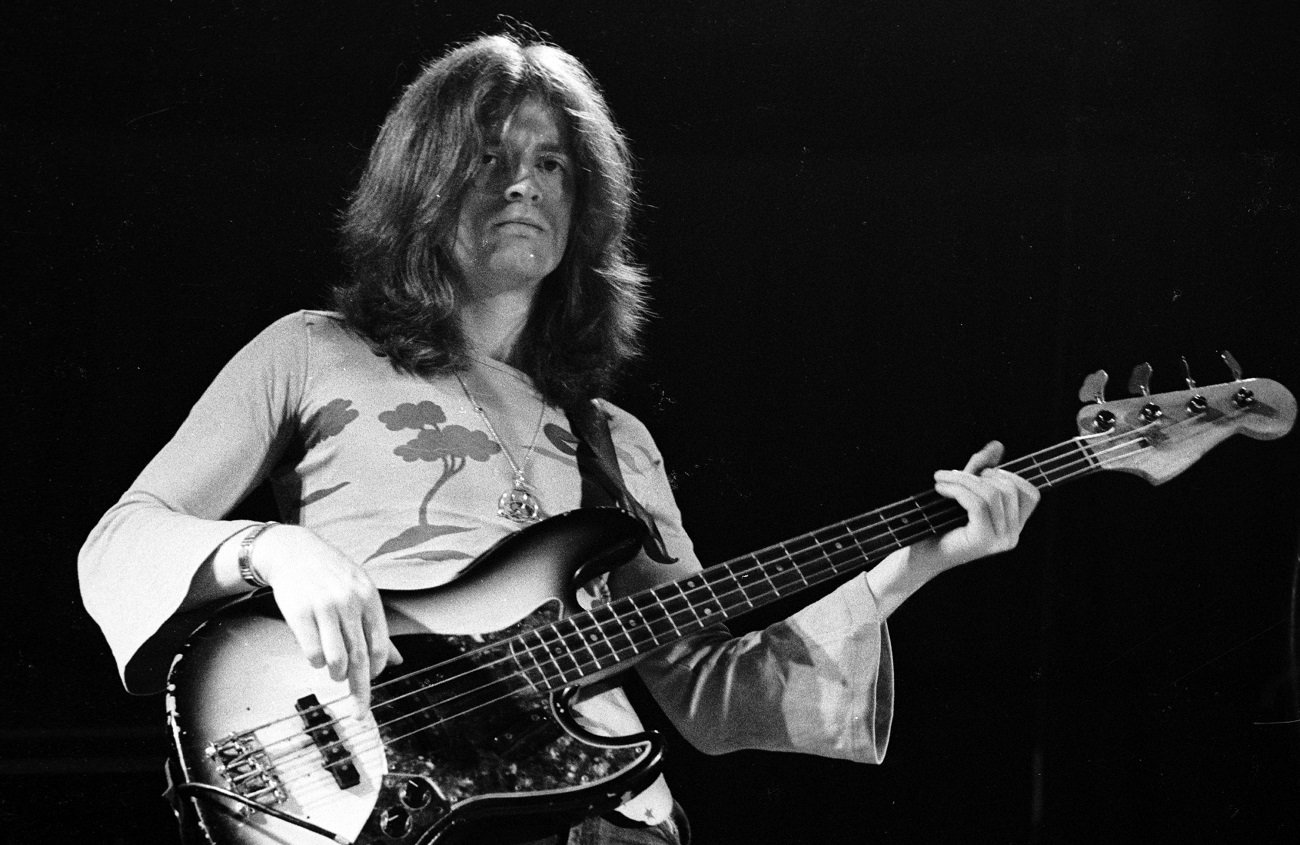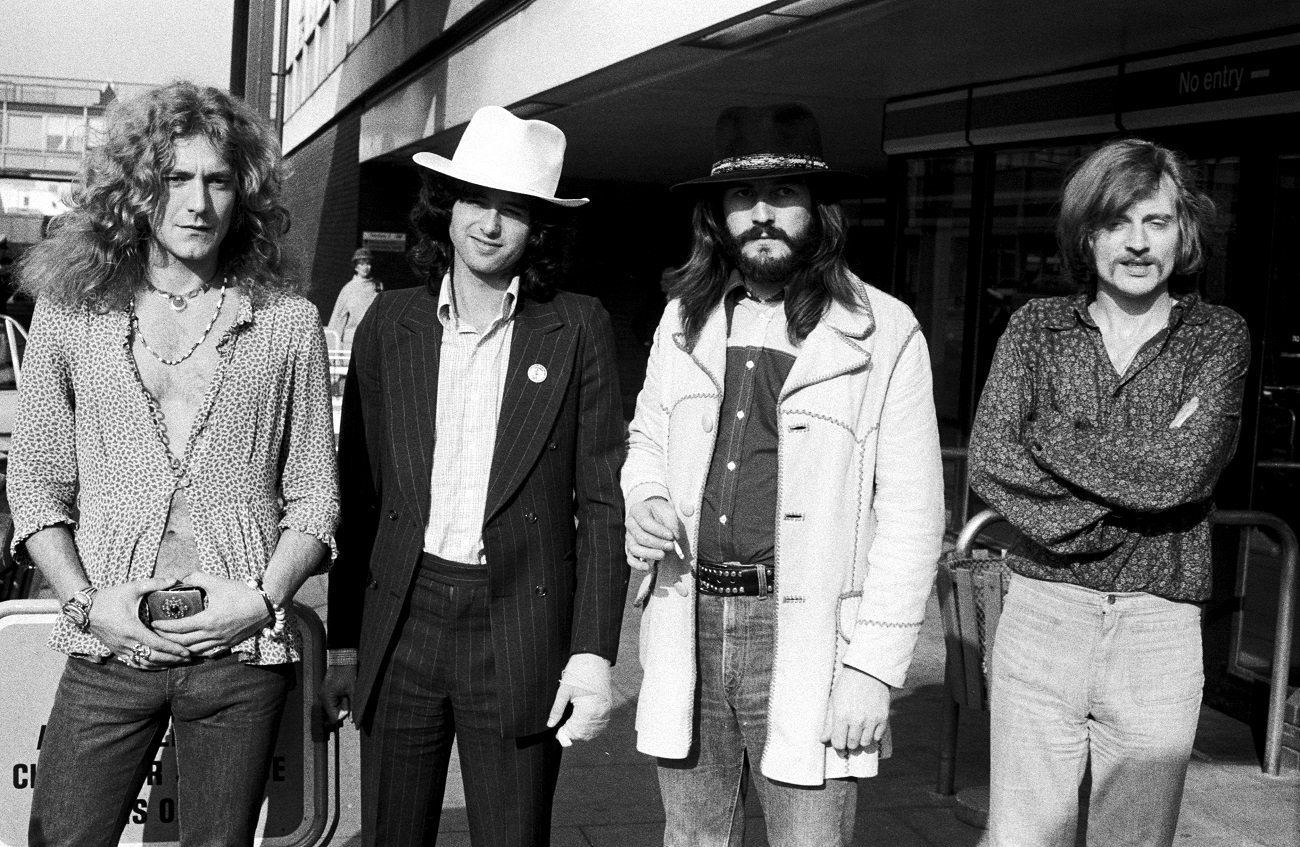Why John Paul Jones Considered Leaving Led Zeppelin After ‘Houses of the Holy’
How popular was Led Zeppelin in 1973? Shortly after the group released its No. 1 album Houses of the Holy, Zeppelin played a show in Tampa that set an attendance record of 56,800 paying fans. In short, Zep was music’s biggest act, breaking records The Beatles had set the previous decade.
Jimmy Page recalled the exhilaration of the ’73 tour, which ended with the filming of three sold-out Madison Square Garden shows. (Those concerts made up the bulk of the Song Remains the Same movie.) Looking back, Page said he didn’t sleep at all for most of that week in New York.
Such a grueling schedule didn’t suit everyone in the group. John Paul Jones, the quietest member of Led Zeppelin by a mile, actually considered quitting the band around that time. Looking back, Jones said the pressures had simply become too much — and that he needed to consider his family.
John Paul Jones was fed up with the nonstop touring of Led Zeppelin by 1973

Though Jones had toured with other bands prior to Led Zeppelin, nothing compared to the scale of the Zep by ’73. It wasn’t only the nightly adrenaline rush and constant traveling; there were also security concerns and the way Jones had to leave his family behind so long that weighed on him.
“We were all very tired and under pressure and it just came to a head,” Jones told Mojo in 2007. “I didn’t want to harm the group, but I didn’t want my family to fall apart, either.” After nearly nine months of touring Europe and America, Jones seriously thought of quitting.
At the time, he spoke to Zeppelin manager Peter Grant about it. “It was the pressure,” Grant told Dave Lewis in From A Whisper to a Scream (2012). “He was a family man, was Jonesy. By that time, the security thing in the U.S. was getting ridiculous. We started getting death threats.”
Grant told Jones to take a few weeks and think about it. In the meantime, Grant pushed out a story about Jones being exhausted to squelch rumors he might leave the band. That seemed to work, and Jones eventually came around.
Jones took a few months away from the band before rejoining Zep for the ‘Physical Graffiti’ sessions

It might sound unthinkable for someone to leave the world’s biggest band at its peak. Page certainly thought so. “I told Jimmy, who couldn’t believe it,” Grant said in From a Whisper to a Scream. But Jones had never imagined Led Zeppelin would sustain its success for so long.
“I thought the band would be fun for a few years,” Jones told Mojo. “I needed to do something musically free and fun and liberating, […] but then I’d get back to the more serious career in the studio.” But Jones returned to the band in early ’74, when Zep commenced work on Physical Graffiti.
“Eventually, I think he realized he was doing something he really loved,” Grant said. “It was never discussed again.” Given Jones’ spirited performances on “Custard Pie” and “Trampled Under Foot,” you could argue the time off did the trick.


